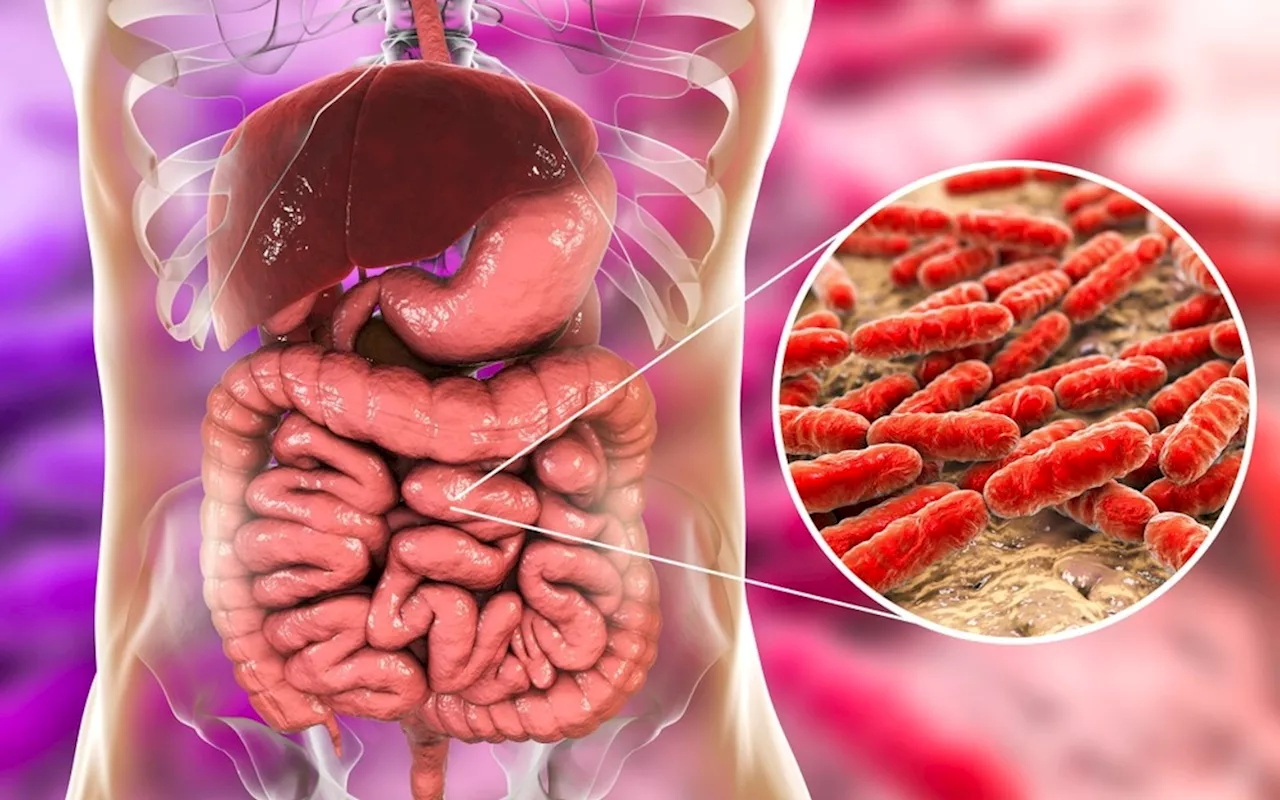The study in Cell highlights microbial load's role in gut microbiome variation, suggesting it as a confounder in disease research and a key health determinant.
By Dr. Chinta SidharthanReviewed by Danielle Ellis, B.Sc.Nov 15 2024 Using machine learning , researchers have developed a way to predict the total number of microbes in our gut from sequencing data, revealing that microbial density, influenced by factors like age and diet, is a major contributor to gut microbiome variation and could reshape how we study disease connections.
Background The gut microbiome has a major influence on human health, as its composition is linked to various physiological processes and diseases. Researchers have widely used metagenomics to study microbial communities by examining the relative abundances of species within the microbiome. However, this relative data lacks information on microbial load or the total microbial count, which can impact microbiome diversity and function.
About the study In the present study, researchers employed a machine-learning approach to predict microbial load from gut microbiome data, utilizing large metagenomic datasets from two primary cohorts — one consisting of a heterogenous study population that included healthy individuals, as well as patients with end-stage liver disease, and the other comprising healthy individuals and patients with cardiometabolic diseases.
Related StoriesIn parallel, the study also explored the technical impact of deoxyribonucleic acid extraction and sequencing methods on microbial load predictions by comparing paired samples processed through different protocols. Statistical analysis assessed the influence of predicted microbial load on disease associations and microbial diversity, adjusting for confounding factors such as antibiotic use and demographic variables.
Additionally, the analyses revealed that several diseases are associated with distinct microbial load patterns. For example, conditions such as Crohn's disease and liver cirrhosis showed lower microbial loads, while diseases such as multiple sclerosis and colorectal cancer exhibited higher loads.
Diet Liver Machine Learning Metagenomics Microbiome
United Kingdom Latest News, United Kingdom Headlines
Similar News:You can also read news stories similar to this one that we have collected from other news sources.
 Cell bell went unanswered before prisoner was found hanging in cellMultiple failings were found in his care
Cell bell went unanswered before prisoner was found hanging in cellMultiple failings were found in his care
Read more »
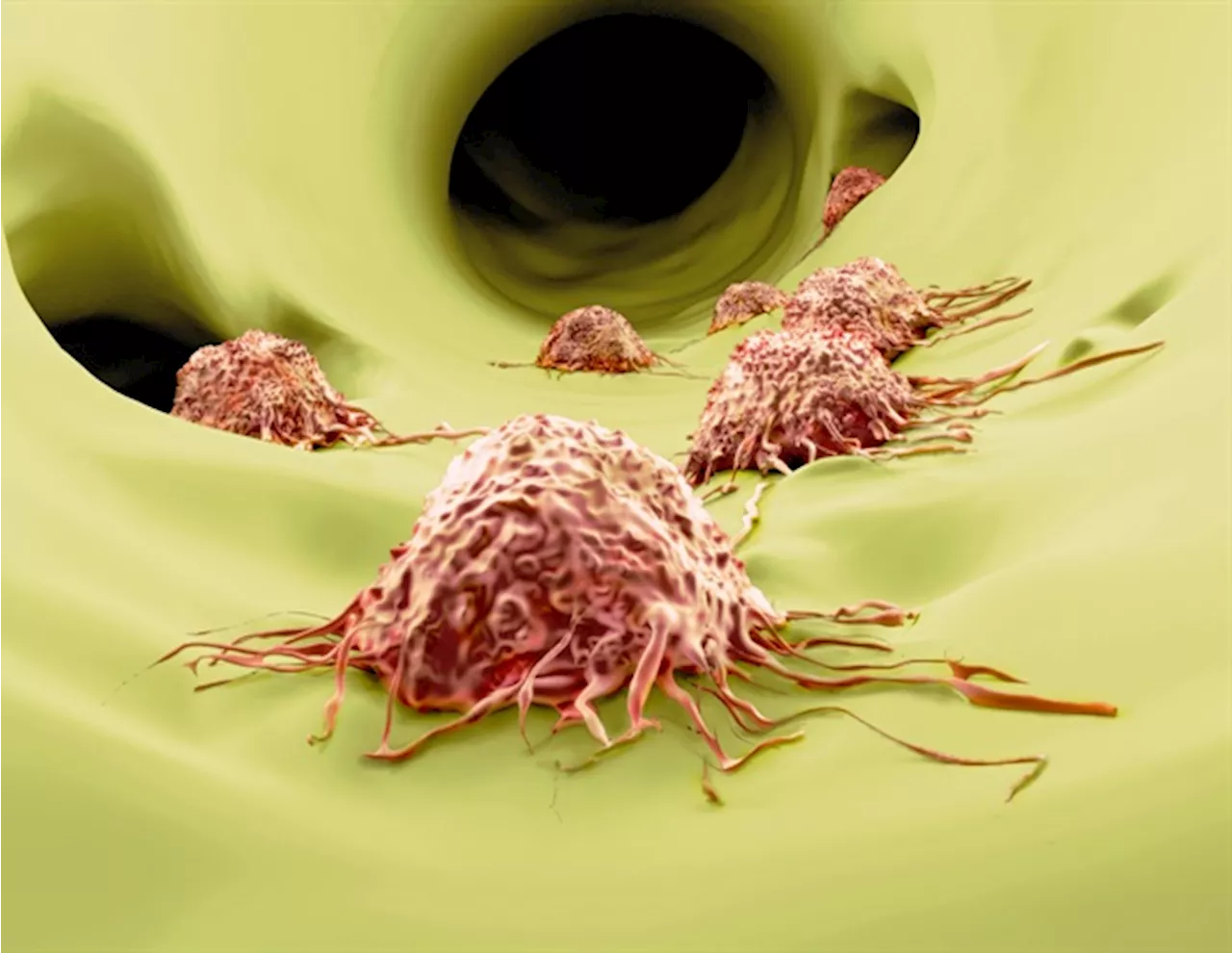 Single-cell study identifies pro-metastatic cell subpopulationsNeuroblastoma (NB), the most prevalent extracranial solid tumor in children, poses a significant therapeutic challenge due to its metastasis and high heterogeneity.
Single-cell study identifies pro-metastatic cell subpopulationsNeuroblastoma (NB), the most prevalent extracranial solid tumor in children, poses a significant therapeutic challenge due to its metastasis and high heterogeneity.
Read more »
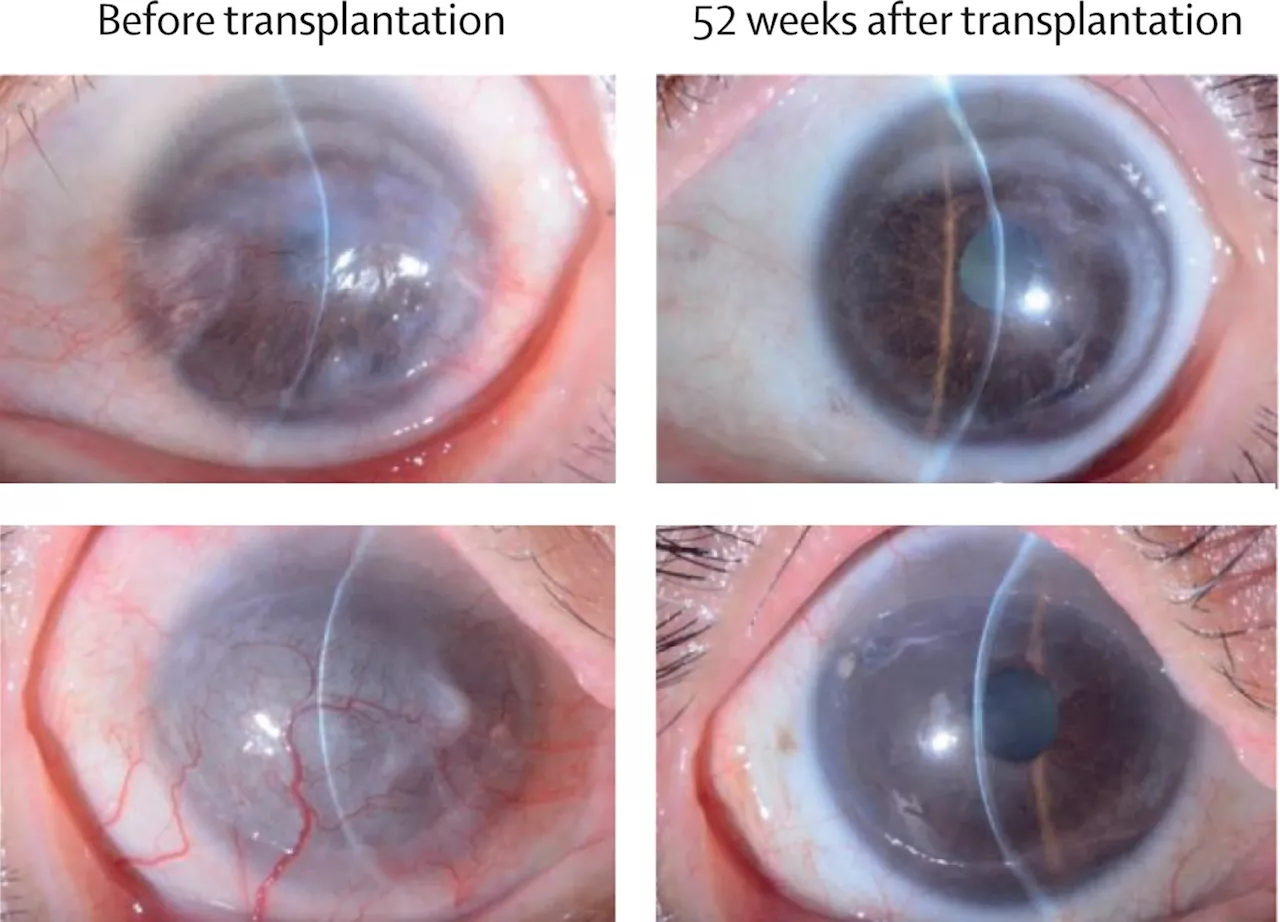 Stem-cell implants restore vision in patients with corneal stem cell deficiencyResearchers successfully tested the safety and preliminary efficacy of stem-cell-derived corneal implants, showing promise for restoring vision in patients with severe corneal damage.
Stem-cell implants restore vision in patients with corneal stem cell deficiencyResearchers successfully tested the safety and preliminary efficacy of stem-cell-derived corneal implants, showing promise for restoring vision in patients with severe corneal damage.
Read more »
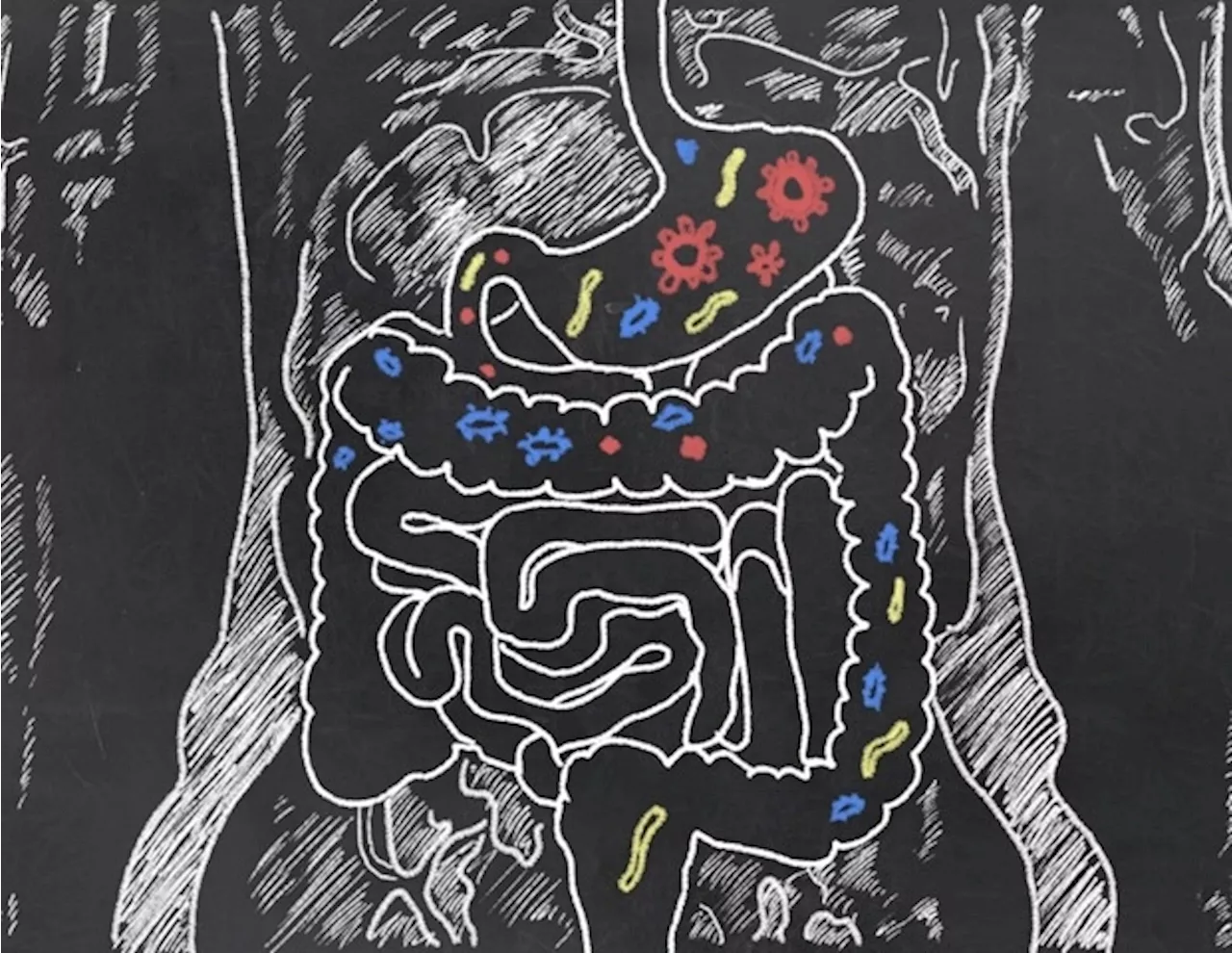 Study shows how microbial load affects gut health and diseaseIn sickness or in health, the billions of microorganisms that inhabit our guts are our constant companions throughout life. In the past few decades, scientists have shown how the nature of this 'microbiome' can provide valuable clues to human diseases and their treatment.
Study shows how microbial load affects gut health and diseaseIn sickness or in health, the billions of microorganisms that inhabit our guts are our constant companions throughout life. In the past few decades, scientists have shown how the nature of this 'microbiome' can provide valuable clues to human diseases and their treatment.
Read more »
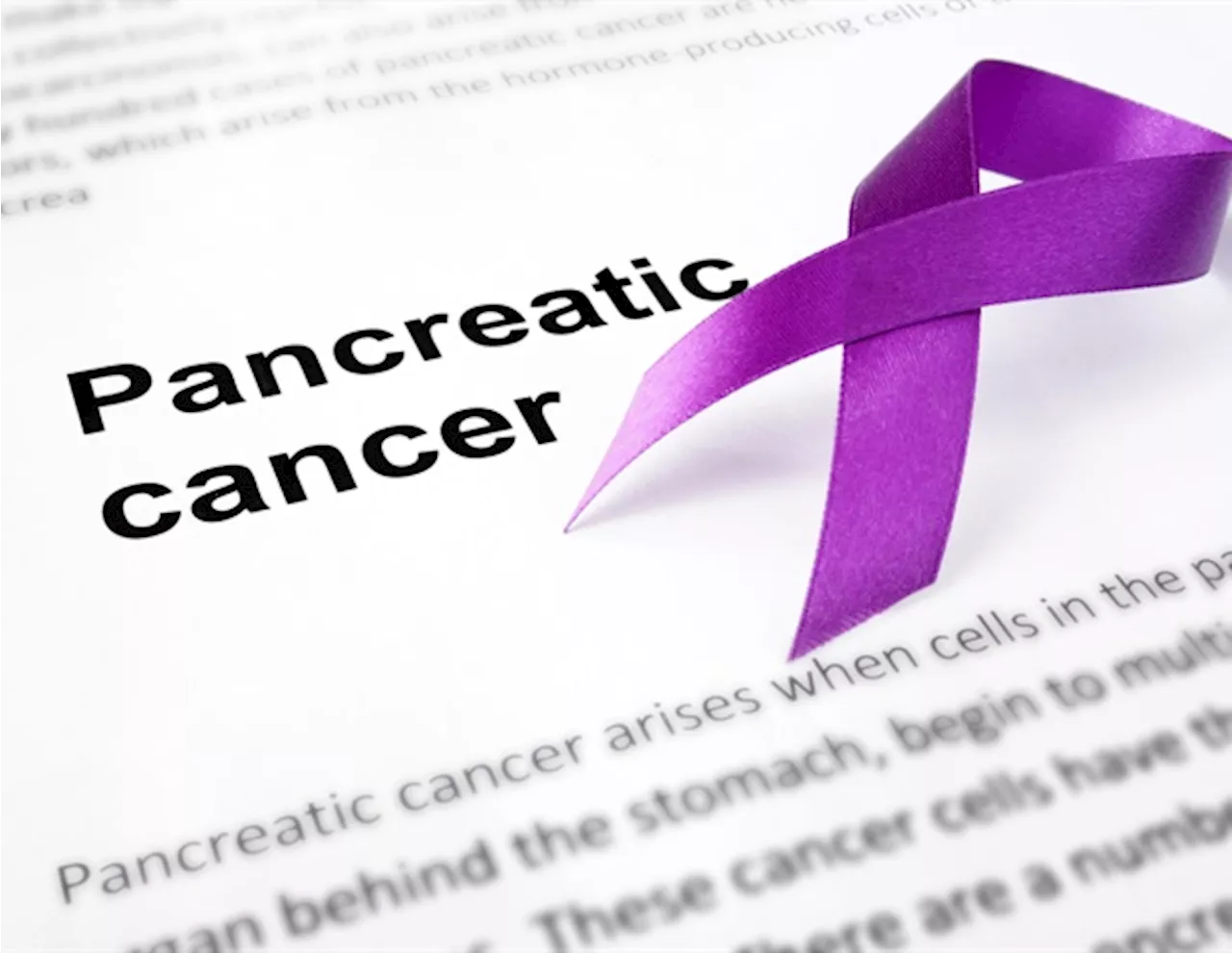 Understanding gut microbial imbalance in pancreatic cancer development and treatmentPancreatic ductal adenocarcinoma (PDAC) is recognized as one of the most lethal cancers, with an estimated five-year survival rate of approximately 10%.
Understanding gut microbial imbalance in pancreatic cancer development and treatmentPancreatic ductal adenocarcinoma (PDAC) is recognized as one of the most lethal cancers, with an estimated five-year survival rate of approximately 10%.
Read more »
 Researchers create first single cell atlas of prenatal human skinFor the first time, researchers have created a single cell atlas of prenatal human skin to understand how skin forms, and what goes wrong in disease.
Researchers create first single cell atlas of prenatal human skinFor the first time, researchers have created a single cell atlas of prenatal human skin to understand how skin forms, and what goes wrong in disease.
Read more »
